US sanctions pave way for closer Iran-Russia cooperation: Atlantic Council
The wave of US sanctions against Russia amid the Ukraine war has opened new opportunities for Moscow to build an economic alliance with Tehran, another prime target of US hegemonic belligerence, a US-based think tank says.
Emphasizing that the recent punitive multilateral sanctions have put Moscow in a situation that Tehran "has ample experience circumventing their damaging effects”, the Atlantic Council in an article on Thursday said the heightened tensions between the West and Russia have provided Iran with a chance “to maximize its interests and advance its political, economic, and military ambitions.”
"A now heavily-sanctioned Russia may seem a weakened strategic partner for Iran,” it noted, hastening to add that “the imposition of western sanctions and the demonization of Russia may bring Moscow and Tehran closer as mutual enemies of the United States and NATO-led international framework.”
According to the article, the US withdrawal from the Joint Comprehensive Plan of Action (JCPOA) in May 2018 convinced Iranian authorities that the effective lifting of the brutal US-led sanctions would be impossible, prompting them to place “the neutralization of sanctions at the forefront of their agenda” instead.
“This entails expanding relations with other sanctioned countries to guarantee resilient foreign trade,” the article stressed.
Stating that the Ukraine conflict “is fracturing and reformulating the geopolitical and geo-economic dynamics of the world,” the article stressed that Iran views these development “as in its favor.”
“Contrary to the West’s advice that Iran should quickly agree to return to compliance with the JCPOA and seek to replace Russia as a major energy supplier to Europe, Iran is aiming for a role beyond the global energy market to position itself as a critical inter-regional hub,” it read.
Iran, according to the article, “seeks influence beyond the Middle East to expand its strategic depth, establishing new economic relationships with states like Russia and broader ties with Asian countries, such as China and Pakistan.”
The Washington-based think tank went on to reiterate that the imposition of severe sanctions against Russia also marks “the entry of a great power into the club of the internationally excluded,” which could unravel “major opportunities for Iran’s economy, as demonstrated by Moscow and Tehran’s agreement to replace SWIFT with domestic financial messaging systems.”
Tehran and Moscow, it further underlined, “can now build on their trade to try to compensate for sanctions,” citing the Iranian Oil Minister Javad Owji as saying that the trade volume between the two countries has already increased significantly in 2022.
The goal is to reach as much as $40 billion, while 2021 figures were at $4 billion, Owji was cited as saying, noting that Iran and Russia recently signed a Memorandum of Understanding (MoU) to establish two trade centers—in Tehran and St. Petersburg—to further facilitate trade.
The article also pointed to recent reports on the expansion of military cooperation between the two countries, insisting that they indicate that bilateral relations are reaching a new level.
It went on to cite US national security adviser Jake Sullivan as claiming that Iran is set to deliver hundreds of drones to Russia.
While Iranian officials have refused the claim, the expiration of a UN arms embargo against Iran means that Tehran and Moscow have no restrictions on this cooperation, the article observed.
“Iranian drones have already been used in the Middle East and Russia’s interest in them demonstrates their efficiency,” it added.
IRGC deputy chief warns of harsh response to any aggression against Iran
Araghchi appreciates Pakistan’s vote against anti-Iran UNHRC resolution
Discover Iran: Historical, natural, and economic tapestry of idyllic Hormozgan islands
ICE detains 2-year-old girl, sends her to Texas despite court order
VIDEO | Trump claims his 'Board of Peace' might replace the UN
VIDEO | Shadows of Rebellion: How Iran’s protests turned violent
FBI agent investigating Minneapolis deadly shooting resigns
Belgium imposes arms embargo on Israel amid Gaza genocide


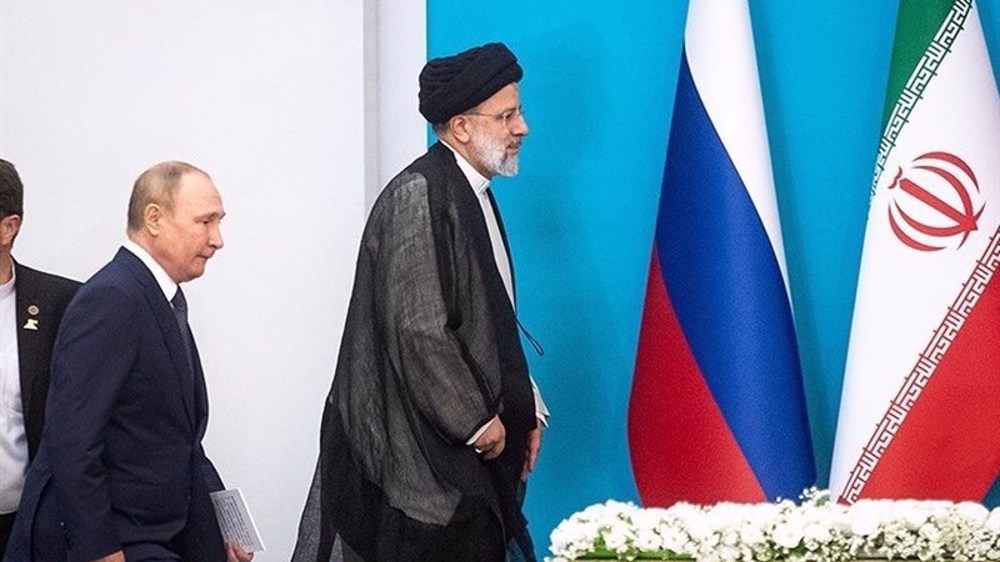
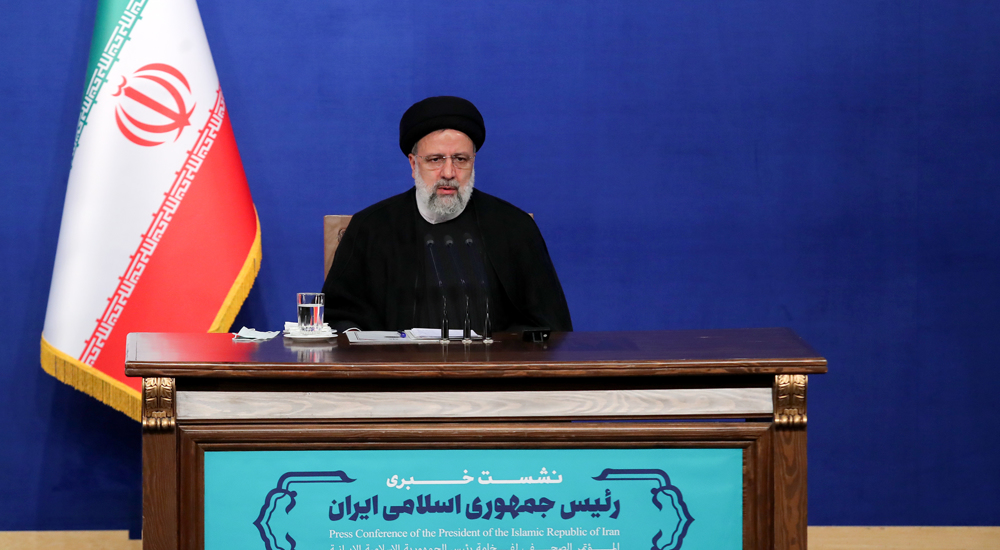
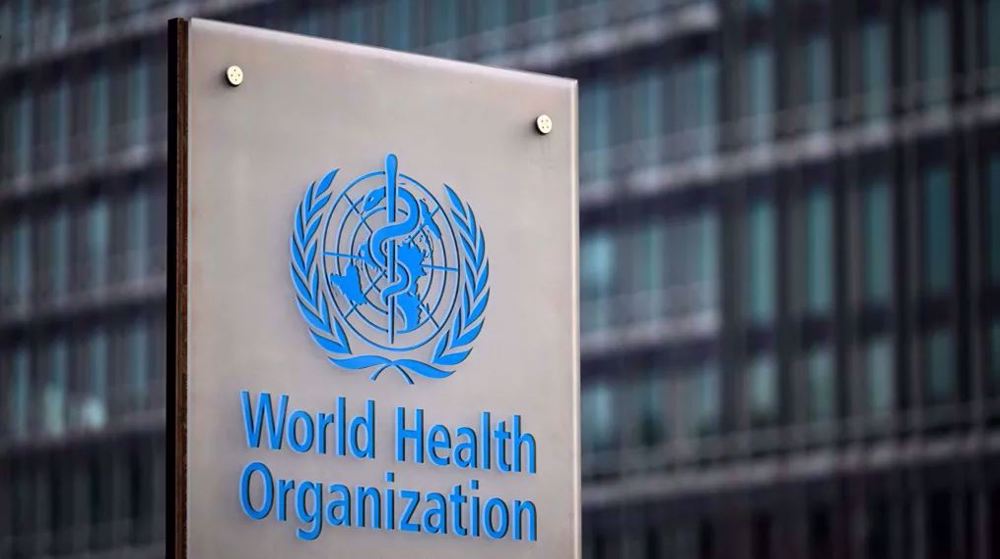
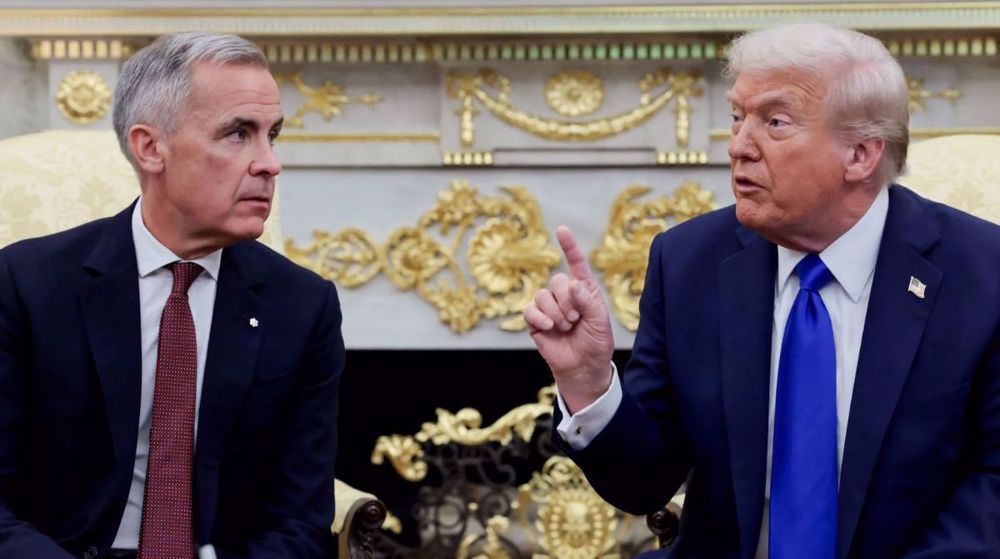
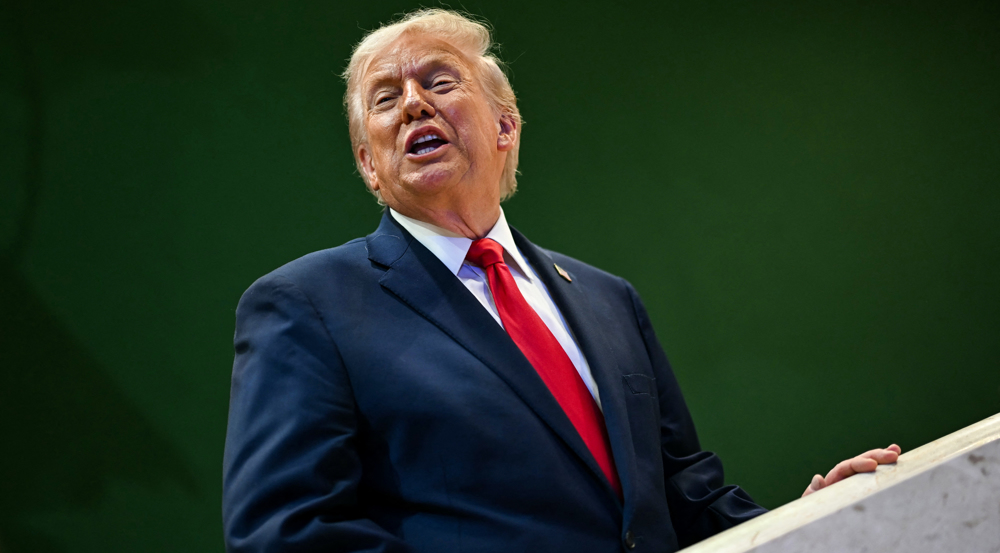





 This makes it easy to access the Press TV website
This makes it easy to access the Press TV website